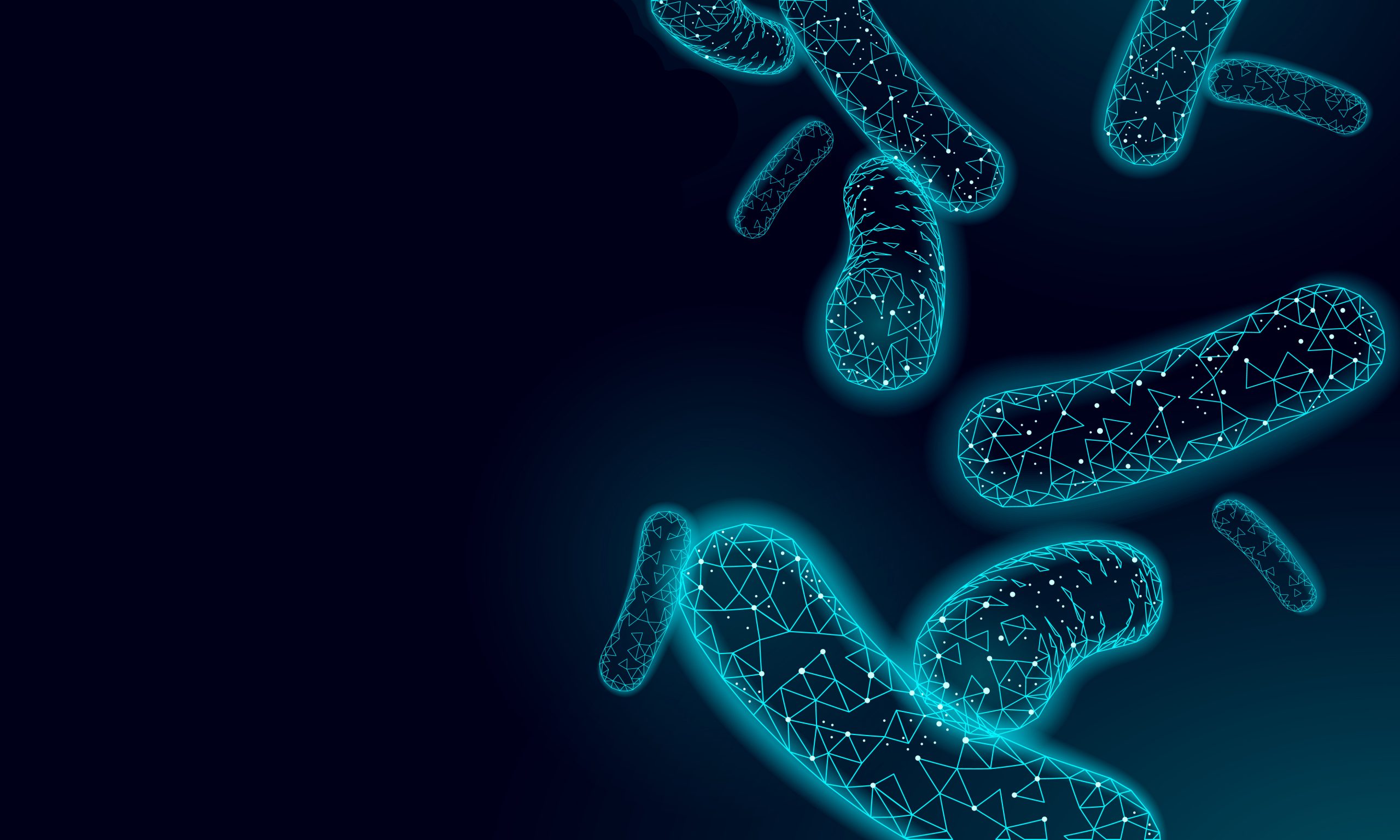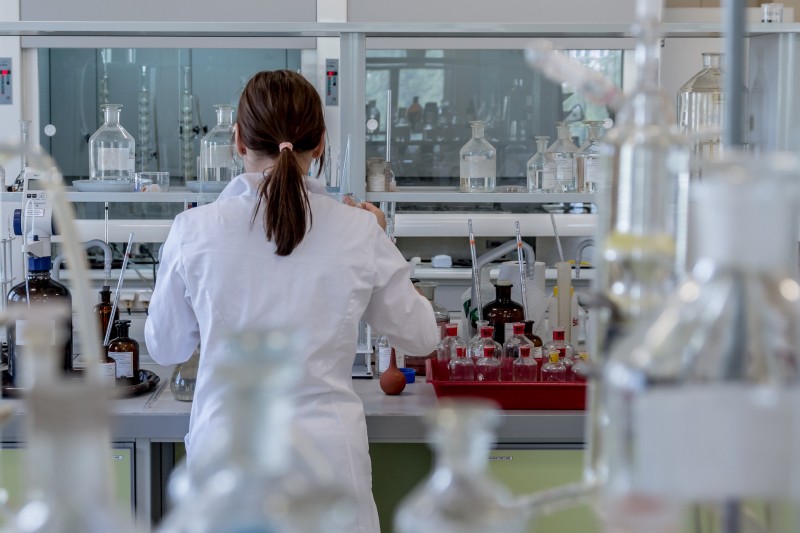
Already in the early 1900th century, Professor Günther Enderlein suggested that you are pretty much a product of your bacterial environment. That’s because your body contains innumerable microbes that help you with your development—as long as they live in symbiosis with one another. If a bacterial life cycle changes and bacteria no longer live in symbiosis with the rest of your body, they can start to be aggressive and attack your own body functions or tissues with different kinds of inflammations and/or diseases. I think we can all agree that inflammations and diseases impact your muscle development and that you can use your body’s resources in a better way when you’re healthy.
RECENT: A Fast Way to Get Stronger in the Bench Press!
That is a rhetorical question that we don’t even need to discuss. Professor Enderlein studied microbes in living blood samples, and below, I’m going to discuss studies in the gut microbiota. There are two different things, but they are probably dependent on each other.

So, how should we think about food with this in mind? In my opinion, we should strive to eat as clean as possible. All of the chemical additives that the industry puts in its food to add color, flavor enhancers, etc., can contribute to the biological structures of the things you put into your mouth, and it’s not unreasonable to think that this change continues in your body. A doctor whom I had as a client told me about a very interesting study that he was thrilled to see get published. He told me that in the study, scientists used a sweetening substance that is huge on the market and gave it to a test group of mice. The researchers also had another group that was given the same amount of food and exercise as the sweetener group, but this group did not receive any sweetener. The group of mice that was given the sweetening substance got fat. The scientists scratched their heads, as they didn’t understand how this could have happened. The mice hadn’t eaten more calories, and they hadn’t exercised any less than the comparison group did! The researchers started to wonder if the substance could have changed their microbiota, so they took feces from the tested mice and put it into the intestines of the healthy test group, which also got fat! This was a pioneering study that could change a lot over time. I have tried to google the study many times since hearing about it, but I have never found it, so I doubt that it was published. Therefore, I don’t know the name of the sweetener that was used in the study. Also, because it does not appear to be published, we cannot be a hundred percent sure of the reliably of it. On the other hand, I have also seen a discussion on television about a study where researchers gave mice emulsifier, which caused the mice’s weight to go up. The mice also experienced less resistance in their immune systems. Therefore, the reaction was the same as that with the sweetener I was told about, which strengthens the hypotheses.
The truth is that we have more than two pounds of bacteria and microbes in our guts that work as little helpers. They manufacture and give out active substances that promote the functions of our bodies. They control our moods and immune systems, and they also produce vitamins. In a small research study, researchers saw that 25 percent of the tested persons had poor microbiota, but you could increase your microbiota by up to 30 percent if you eat a high-fiber diet that comes from different fruits and vegetables over the course of six weeks. A fiber-enriched diet is a breeding ground for microbiota, as the bacteria are needed to decompose the fiber. Without fiber, the bacteria become unemployed and decrease in number. Researchers saw in a study with mice that if they were exposed to low-fiber diets, their microbiota went down by half in just four generations. Researchers have also seen the connection to diabetes. In this study, researchers came to the conclusion that "microbiota composition and its changes since childhood have an important role in the metabolic syndrome. Any intervention in order to prevent or treat obesity and diabetes mellitus should have as target the gut immune system.”
Could it be that food additives are one of the reasons behind the obesity epidemic around the world? And can it be that poor microbiota is the cause of different diseases? I think it is, and I would like to share a lecture with Professor Martin Blaser in which he explains all of this in greater detail.
As the topic indicates, these bacteria can make you stronger. This article might seem like clickbait, and you may be disappointed that I didn’t give you the exact bacteria formula to order from an online distributor. But here is the thing: If one thing works in one way, it will also work in the opposite way. When we know what can cause illness (such as obesity), it’s reasonable to think that the opposite will make you healthier, give you a better immune system, give you better blood sugar control, help you to lose fat, improve your metabolism, and help you to recover more quickly from training. And THAT will make you stronger!
- Don’t eat too monotonously; your body needs a variety of nutrients.
- The more unprocessed food resources, the better.
- Try to eat five to 10 fruits and vegetables every day.
- It’s NOT all about proteins, carbs, and fat.
- Eat more berries, nuts, and seeds!
Header image credit: Oksana Stepanenko © 123rf.com











Also, other studies have shown that that microbiome can change quickly to adapt to changes in your diet. If a meat eater suddenly changes to a vegan diet, their microbiome will adapt in short order to that change in diet.
There's still lots we don't understand about how our microbiome affects our physical well being and even our brain function. Going to be studied for a long time.
Yes, the microbiota will adapt more or less I would say. And the more variation in our diet we have, the more enriched would our microbiota become.
I'm glad I stopped by EliteFTS, I hadn't been here in ages and it's pretty dam cool. I needed new bands and I getting back on the fitness wagon. So after reading this article, I'm going to make some cultured veggies, mostly cabbage, and kale. I used to do it all the time. People used to do that all the time, in the not to distant past, especially as winter was approaching, so they'd have vitamins.
thanks, I'm getting back my disciplines one at a time.
Thanks for the reminder.